AirCare, Anderson Regional Medical Center enhance affiliation
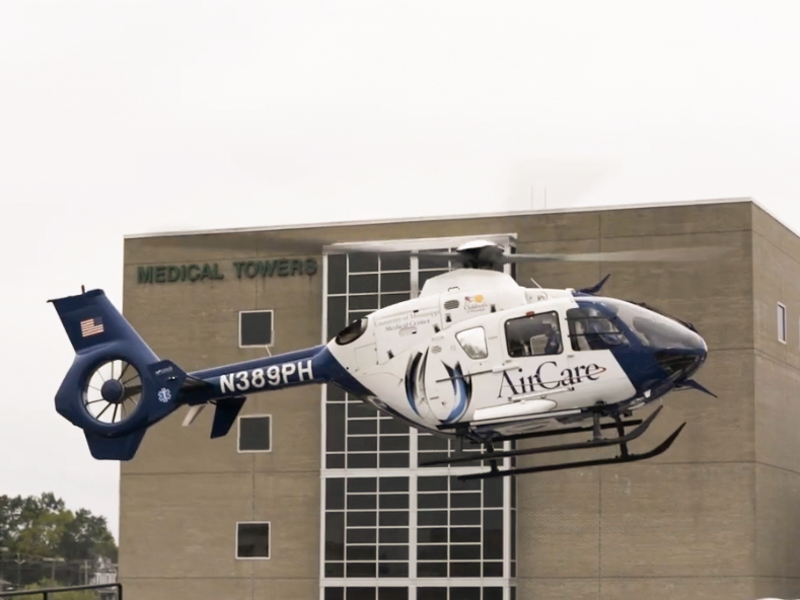
If Meridian-area residents experience a traumatic injury or illness that requires a high level of critical care, two health care providers together have their back.
Anderson Regional Medical Center and the University of Mississippi Medical Center’s AirCare medical helicopter transport are enhancing their regional health care partnership so that more patients in need of trauma care can receive it locally from Anderson’s critical care team.
If a patient requires the higher level of care that only the state’s sole academic medical center can provide, AirCare, UMMC’s four-helicopter medical transport program, will fly them to UMMC ‘s Jackson-based hospitals in coordination with Anderson caregivers.
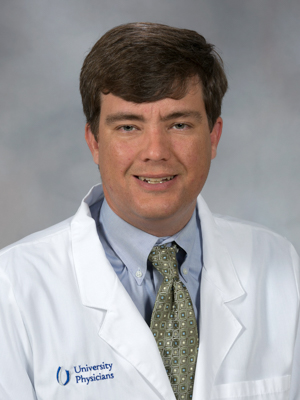
“We are actively supporting Anderson’s trauma program with an initiative to keep more patients in Meridian for their medical management,” said Dr. Damon Darsey, an emergency medicine physician and medical director of UMMC’s Mississippi Center for Emergency Services. “We are partnering with the Meridian community’s local emergency responders as well.
“We’ve cared for unanticipated survivors over the last decade due to the dramatic relationship we’ve built in the Meridian area,” Darsey said. “UMMC is providing clinical support, protocols and policies to keep patients local, and providing the highest level of care possible in medical transport.”
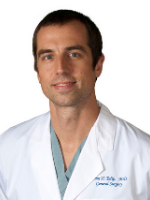
Working hand in hand with UMMC and AirCare “extends our ability to care for trauma patients locally whenever we can,” said Dr. Hans Tulip, a trauma surgeon and Anderson’s trauma medical director.
“If we do need to transfer them, we are able to work in a way that is reliable and quick,” Tulip said. “Having that ability to get patients to a facility that can take care of their problems in areas where we don’t have specialists is one of the components of the trauma system.”
In 2017, Anderson and UMMC announced a new affiliation to enable more area residents to stay close to home for treatment. It brings the medical education, research and advanced health care offerings of the Medical Center to Anderson’s two hospitals, cancer center and outpatient clinics already established as a comprehensive system in East Mississippi and west-central Alabama.
The pairing of Mississippi’s most advanced medical air transport with 400-bed Anderson is personal for AirCare critical care flight nurse ShyAnn King. King’s late sister, LeAnna Stubbs, was in a horrific auto accident years ago in a small Alabama town.
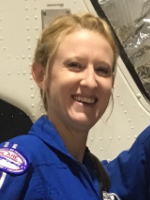
“At every point, the system failed her,” King said. “She needed an ultrasound right then. She needed blood. The medics that worked on her at the scene didn’t figure out for three hours that she was bleeding to death internally.
“All the helicopter offered her that day was a fast ride,” King said. “She left a 1-year-old child with no mother and father, because her husband had died in an earlier accident.”
With bases in Meridian, Greenwood, Jackson and Columbus, AirCare brings the capabilities of an intensive care unit to sick patients, no matter where they are. AirCare partners with Med-Trans for its pilots, equipment and helicopter maintenance.
“When you see a helicopter arrive, you expect them to bring something to the table that’s not available at the time for you or your family member,” King said. “AirCare absolutely does that. You are getting a Level I trauma center at your bedside, or a ditch. We start resuscitation in that ditch.”
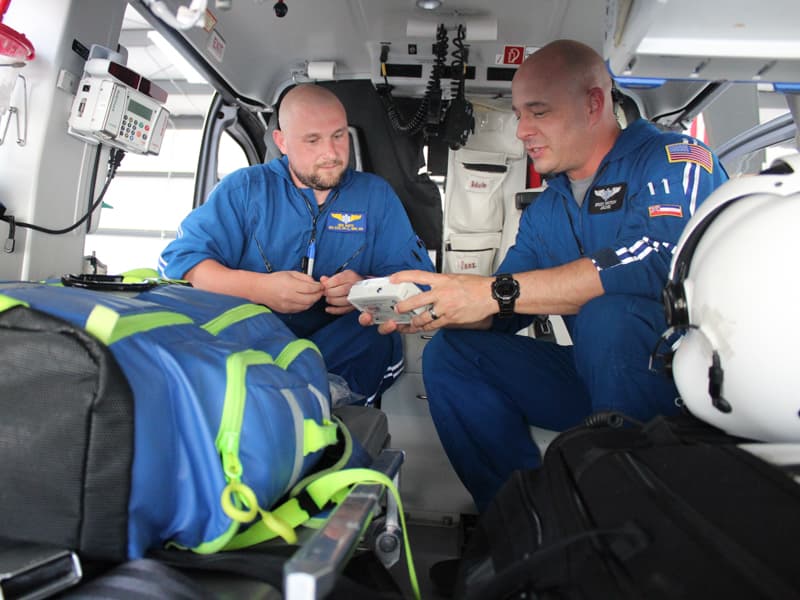
With two campuses, Anderson is the only Meridian-area hospital that has its own helipad. The partnership between Anderson and UMMC dates back to 2016, but the enhanced relationship expands educational and clinical components from providers at UMMC, which has Mississippi’s only Level I trauma designation and the state’s only Level IV neonatal intensive care unit.
One example: Anderson and UMMC are implementing an initiative to help ensure very sick or traumatically injured patients have a seamless transition in the delivery of blood and blood products, especially patients with massive bleeding that requires the infusion of multiple units of blood.
“When we pick up a patient and deliver them to Anderson, our crew works with Anderson’s front line to continue a transfusion, rather than starting it over,” Darsey said. “We focus on what patients need further down the road.”
That could include single-donor platelets or “cryo,” short for cryoprecipitate. It’s a frozen blood product prepared from blood plasma that reduces blood loss and slows or stops bleeding.
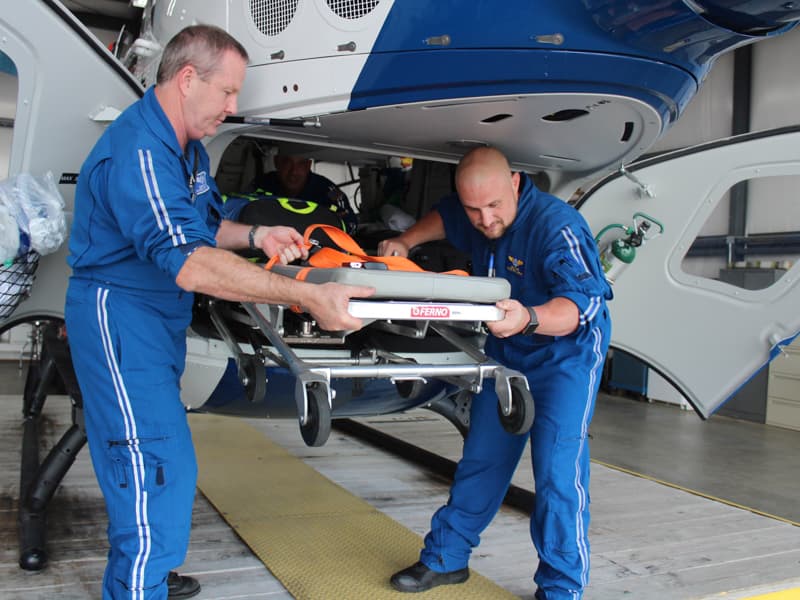
Over the last five years, AirCare’s critical care paramedics and nurses have trained more than 600 health care and emergency response employees in the East Mississippi region in medical care and resuscitative medicine. That instruction includes the use of cadavers in teaching how to insert a chest tube or to intubate a patient.
AirCare is equipped to do procedures no other medical air transport in Mississippi can do, including utilization of ultrasound to determine what trauma patients can remain locally for care, and which need to receive the level of care only available in the state at UMMC. It’s the only medical helicopter transport to carry the drug KCentra, used to reverse blood thinners in patients experiencing massive bleeding.
AirCare’s Meridian base at Key Field Airport, a part of MCES, began serving East Central Mississippi in 2009. The base houses a 24/7 medical crew who fly in H-135, twin-engine, medically configurated craft.
Combining forces to save bleeding patients “is ongoing evidence of the continued improvement in our relationship,” Tulip said.
“We can improve patient outcomes when we collaborate together. That’s awesome.”


